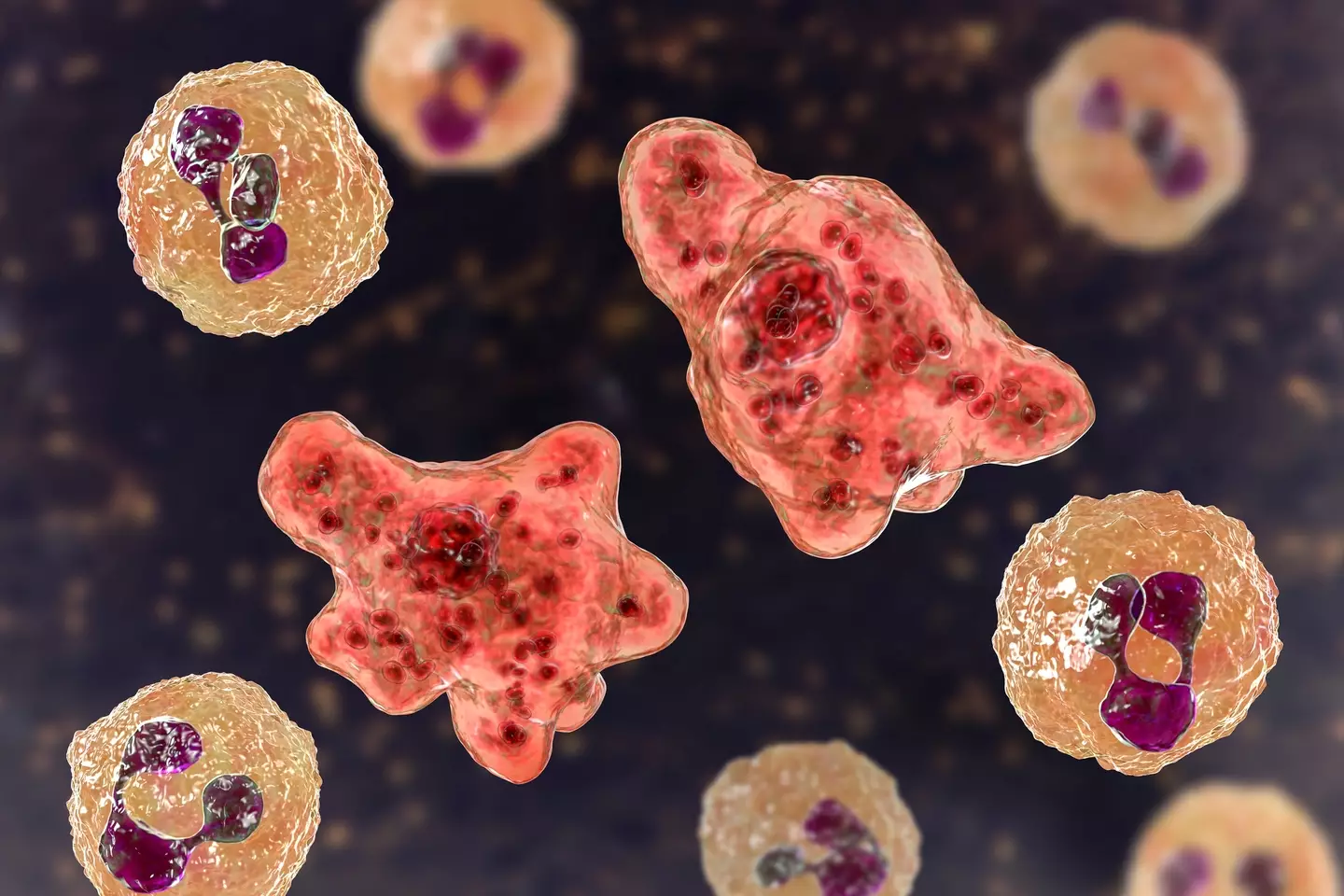A young boy, aged 12, has sadly passed away after encountering a brain-eating amoeba at a well-known swimming location.
Jaysen Carr succumbed on July 18 shortly after swimming in Lake Murray, South Carolina, near Columbia, US.
Reports indicate the child was exposed to the lethal brain-eating amoeba, Naegleria fowleri, while swimming in the artificial lake.
According to the CDC, Naegleria fowleri is a free-living amoeba that thrives in freshwater environments.
It is referred to as the ‘brain-eating amoeba’ because it can infect and destroy brain tissue.
The family’s attorney, Tyler Bailey, shared with WIS-TV: “Jaysen’s family is grieving this unthinkable loss, but they are also grateful at the outpouring of love and support they have received from the community.”

“The family has many questions about how and why Jaysen died and wants to do everything in their power to ensure this doesn’t happen to another family.”
A GoFundMe page for Jaysen described him as an ‘incredible son, a devoted brother and a true friend to everyone who knew him’.
“His kind heart and bright spirit left a lasting impact on everyone he met.”
The fundraiser, which has raised over $47,000 at the time of writing, also reveals the child faced a ‘tough medical battle’ following his diagnosis.
This tragic incident occurs as the South Carolina Department of Public Health emphasized that the boy’s death does not constitute a broader public health crisis.
The department also noted that the organism can naturally be found in warm bodies of water, although infections in humans are exceedingly rare, according to WIS-TV.
It’s been nearly a decade since the first reported case in the state in 2016, and across the US, only 167 cases have been documented over the last 62 years.

The CDC states that while such brain infections are rare, they are almost always lethal, with only four survivors out of 167 cases.
Although it typically resides in soil and warm freshwater lakes, rivers, ponds, and hot springs globally, the CDC warns Naegleria fowleri has been identified in some poorly maintained swimming pools, splash pads, and other recreational water spots, and even tap water.
If it enters a person’s nose, the organism can lead to a brain infection known as primary amebic meningoencephalitis (PAM).
The agency highlights that early symptoms of PAM include headache, fever, nausea, and vomiting, and cautions that the infection ‘progresses rapidly’.
After exposure, most individuals succumb within one to 18 days, typically entering a coma before passing away around five days later.
Donations to support Jaysen’s family with medical and funeral expenses can be made here.

